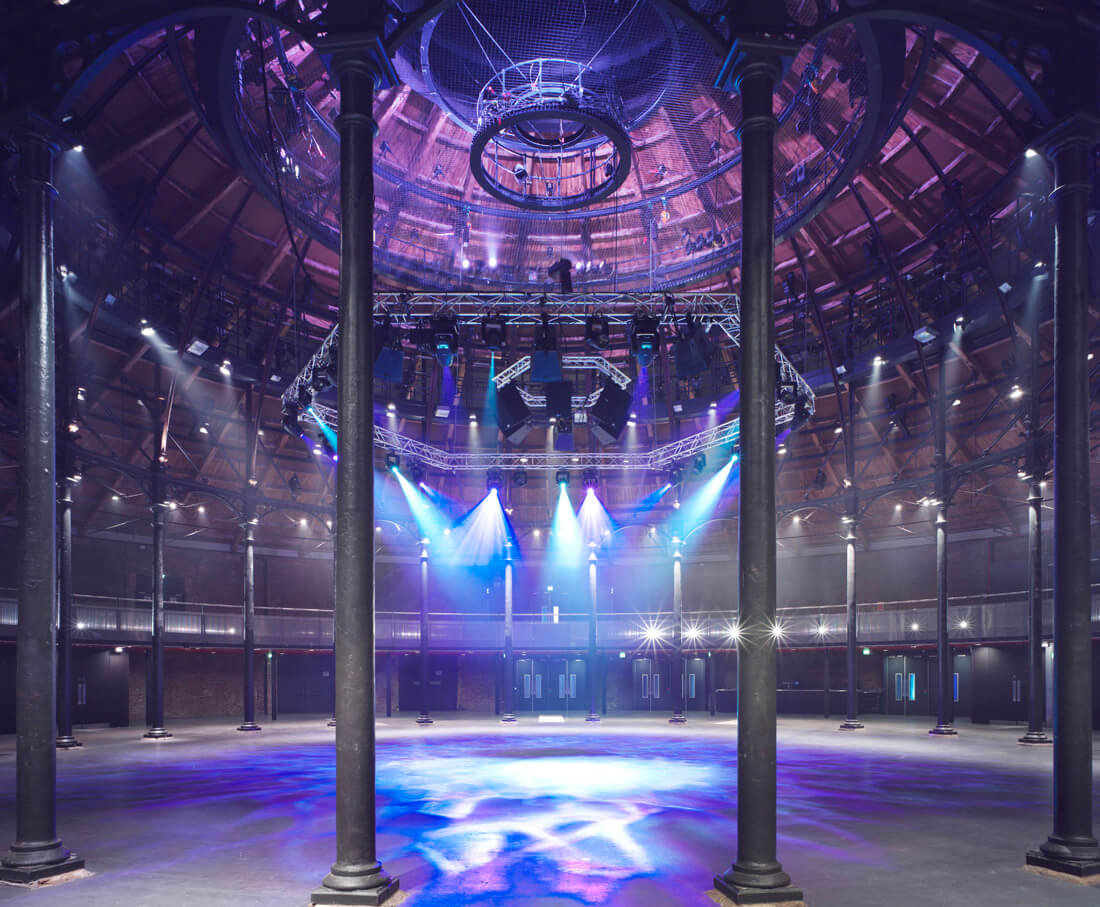Miles Eady, head of events (maternity cover), Roundhouse in London, offers some insights into the question ofhow can venues help organisers plan their events for the greatest success, as longer lead times are becoming the norm?
There are so many aspects to creating a well-polished, successful event. While short lead times have been the norm for the last few years, placing pressure on venues, the opposite is now true and longer lead times have a greater pressure on organisers to obtain the venue and date they want.
Here’s a useful guide with tips to consider when planning your next event.
- Date check: As soon as your event comes to fruition with a rough number of guests, contact the relevant sized venues.
If you have a large number of guests, over 1,000, it’s advisable to avoid award season which is heaviest from September to December, as those dates are busiest and you may not get the date you want due to established events booking years in advance. - Budget transparency: Understanding from the outset the pot that’s available will avoid time-wasting on both parts in the long run. Venues have a fee structure outlining the aspects included and these will be transparent from the outset. There’s no cutting cloth according to budget as some may think. So, you’ll know whether it’s possible to host your event in a particular venue immediately.
Can some of the cost be offset against a venue that has a charitable aspect? Some clients can only work with such venues, and this helps manage their event budgets to optimum effect and tick their CSR objectives. - What’s included in the price? This varies greatly from site to site and should have a good bearing as to your choice of venue from the outset and what you need to deliver.
If your production aspects are such that they all need to be brought in, a complete blank canvas is the best option. However, if you require staging with good lighting and sound, it’s more economical to choose a venue that has these aspects in situ. There will be valuable expertise on site who can advise on the best ways to use the equipment and can offer advice on design and additional support to create the show you’re after. - Success: Do you have a clear structure of what this looks like? Is it tickets sold/numbers of guests, money raised, celebrity attendance, education distributed, show production delivered?
A good in-house events team can advise on many aspects and give insight as to how other clients have achieved their goals. - Niche aspects: What are these for your event? Can you order from top to bottom in terms of importance? Consider location, accessibility, in-house production, furniture, usage of spaces, venue heritage, charitable aspects and authenticity, diversity and inclusivity policy, quality of listed suppliers, in-house events team dedicated to your event.
There will always be some compromises, so it’s good to understand the aspects most important to your goals and achieve as many as possible.
What are the venue’s mission and values and are they important to you? Roundhouse, for example, is a charity that supports over 8,000 young people each year, through a groundbreaking creative programme. All the money made from private hires supports this incredible work, which is an important factor to lots of clients. - Some venues, such as Roundhouse, offer dynamic pricing meaning that there is greater availability earlier in the week and those days are more economical than the latter. This is particularly relevant earlier in the year.
Consideration of all these aspects will save you time if they are outlined before enquiries are made. Here’s to your next successful event!
http://www.roundhouse.org.uk/















